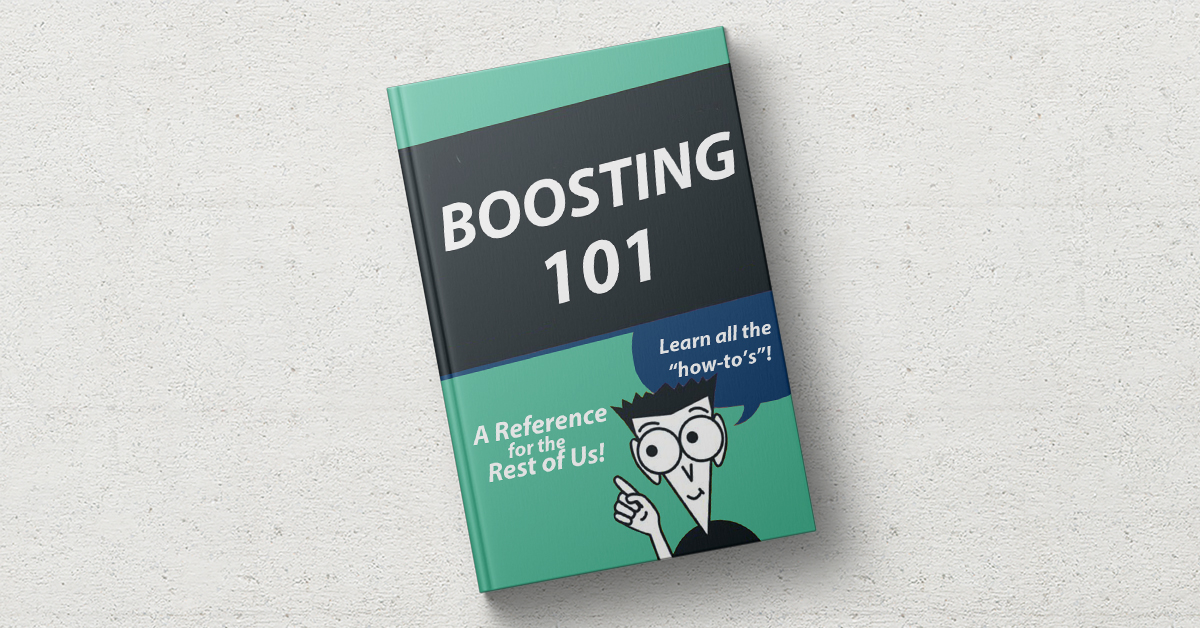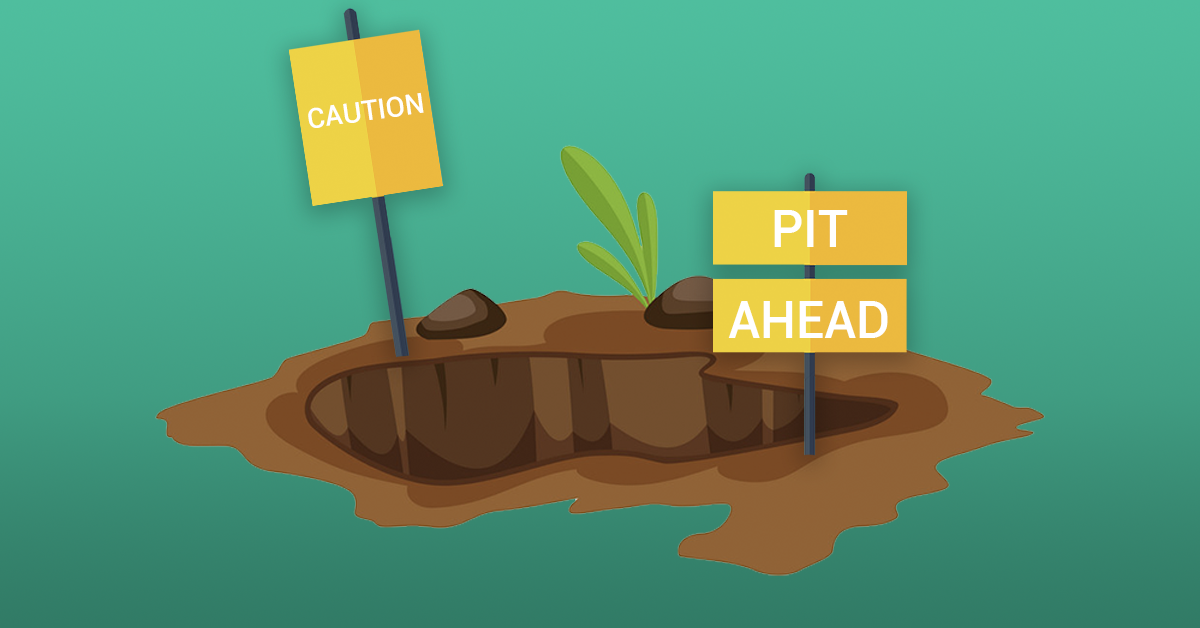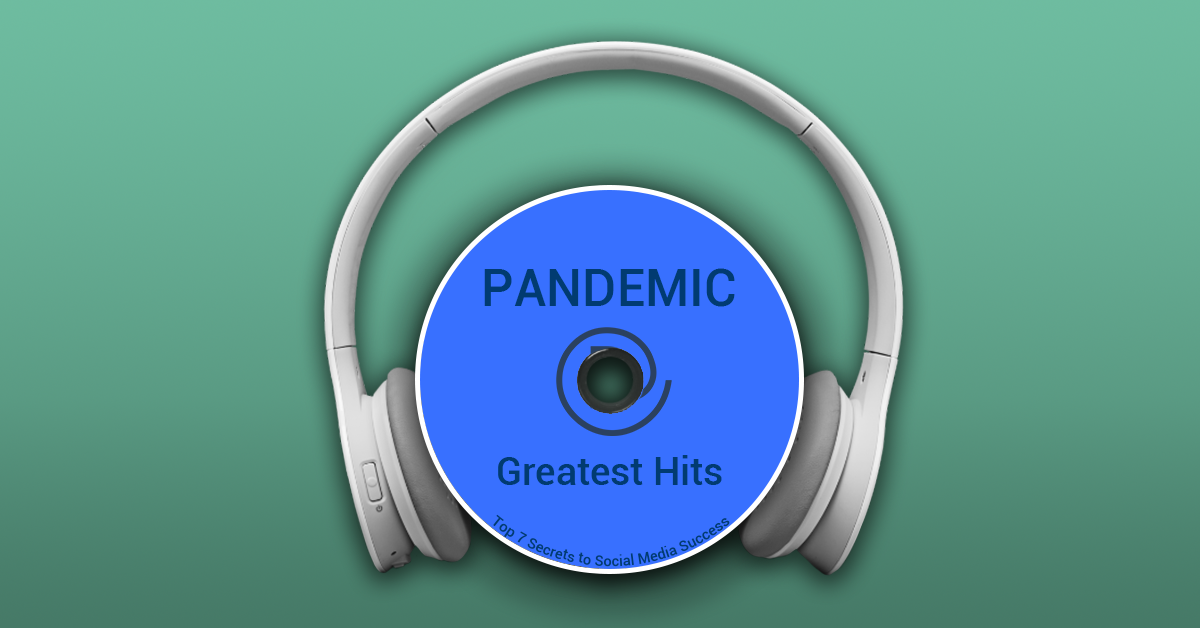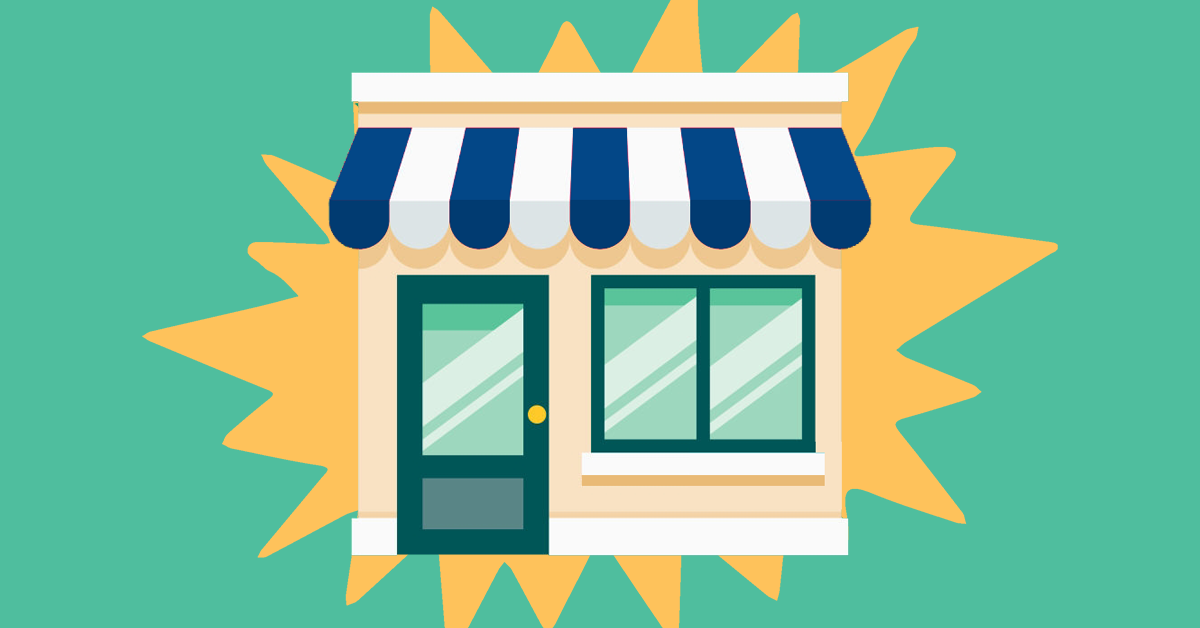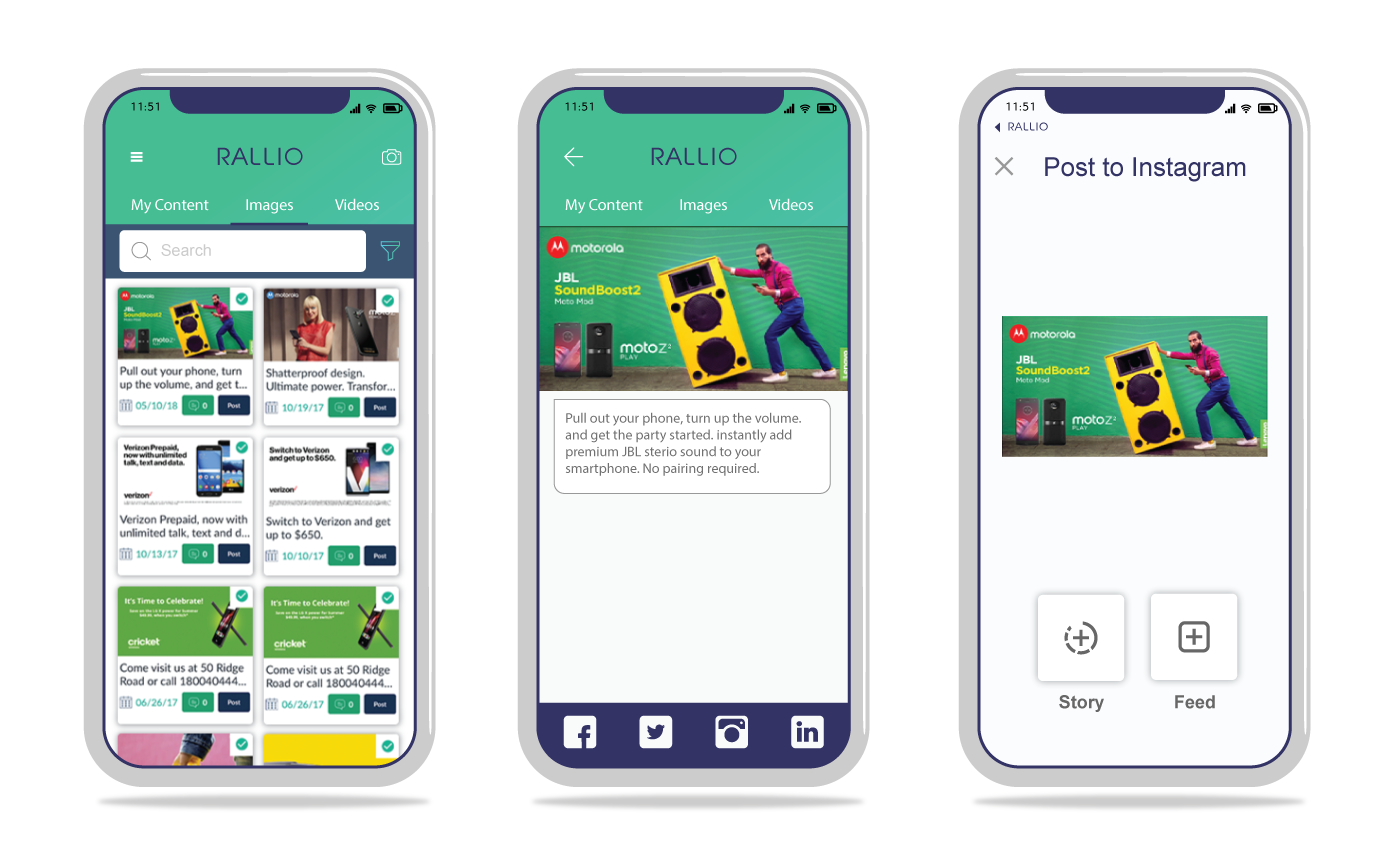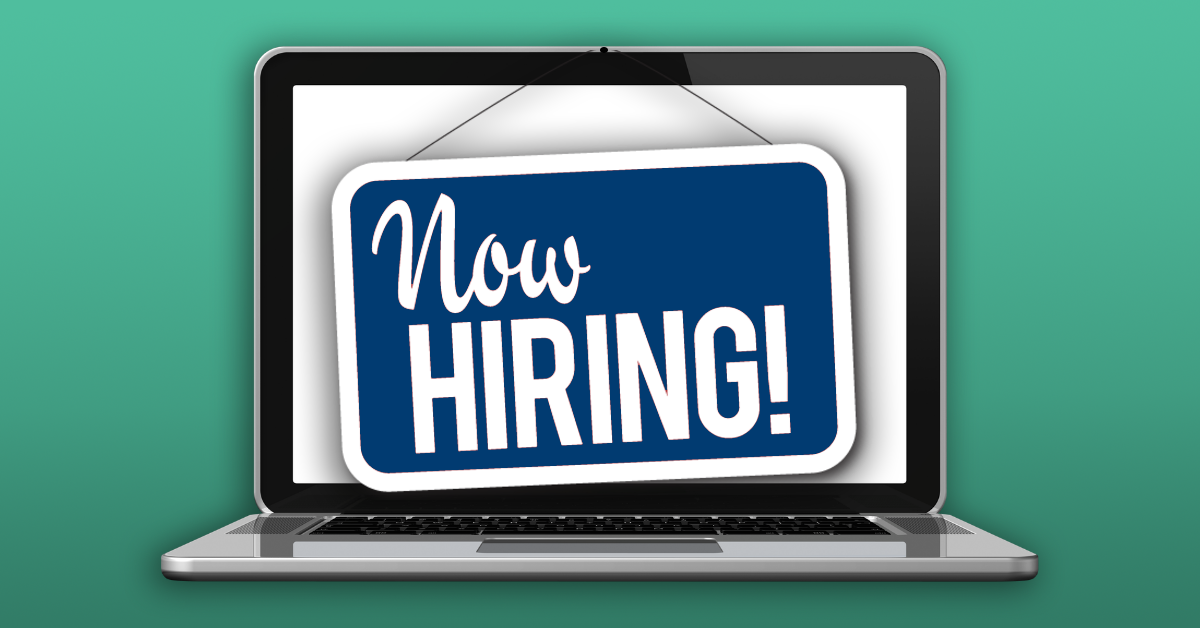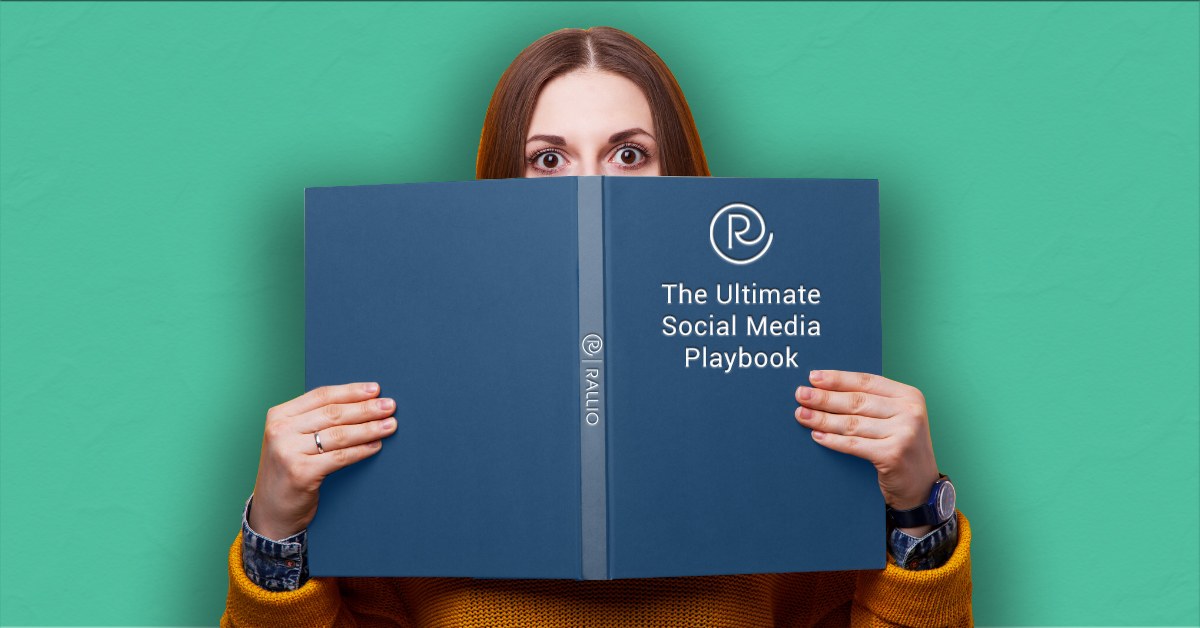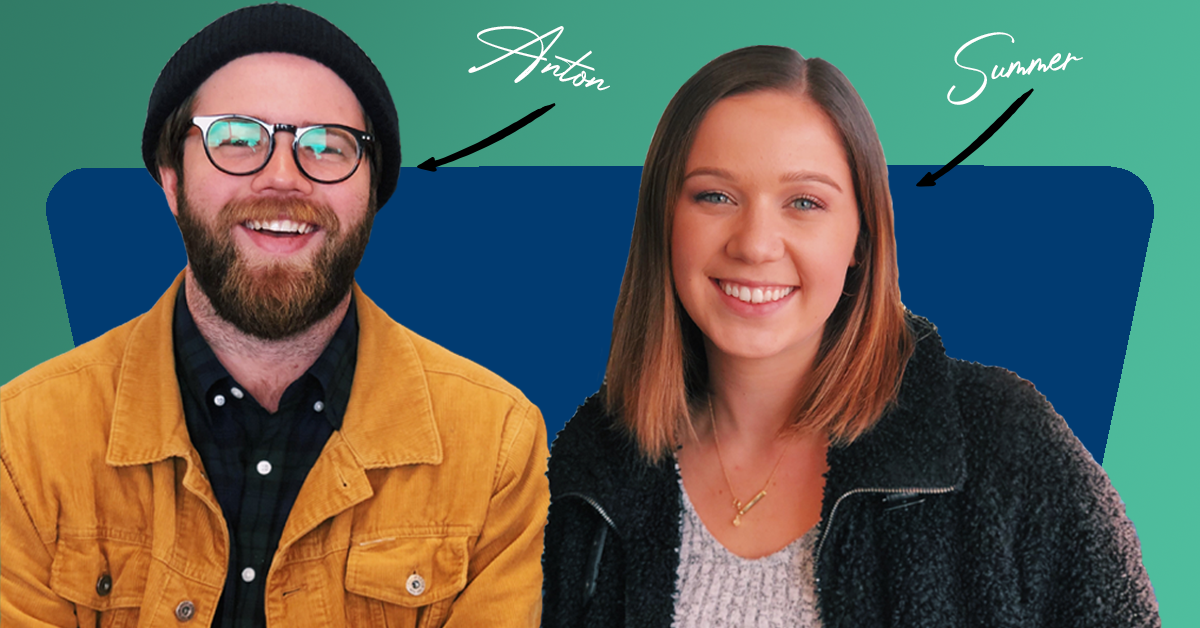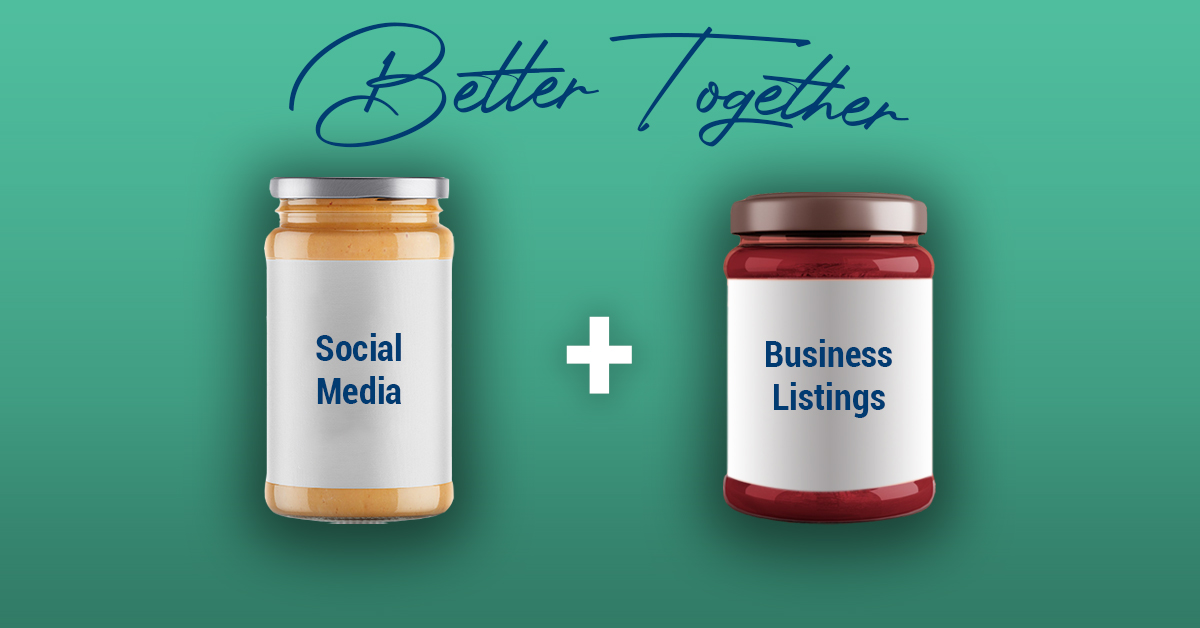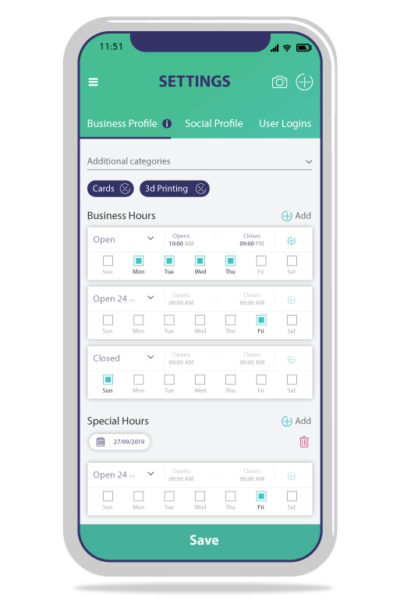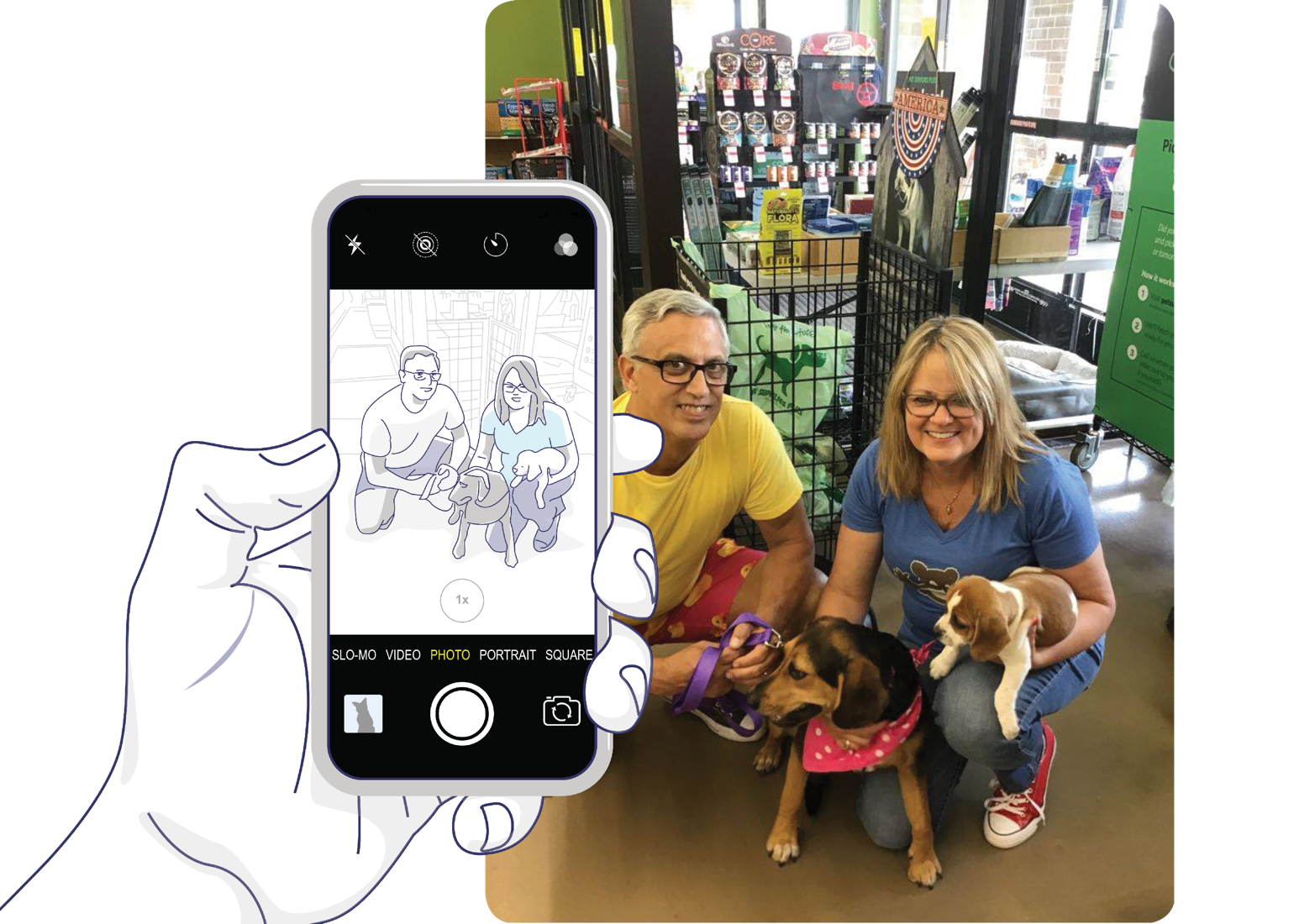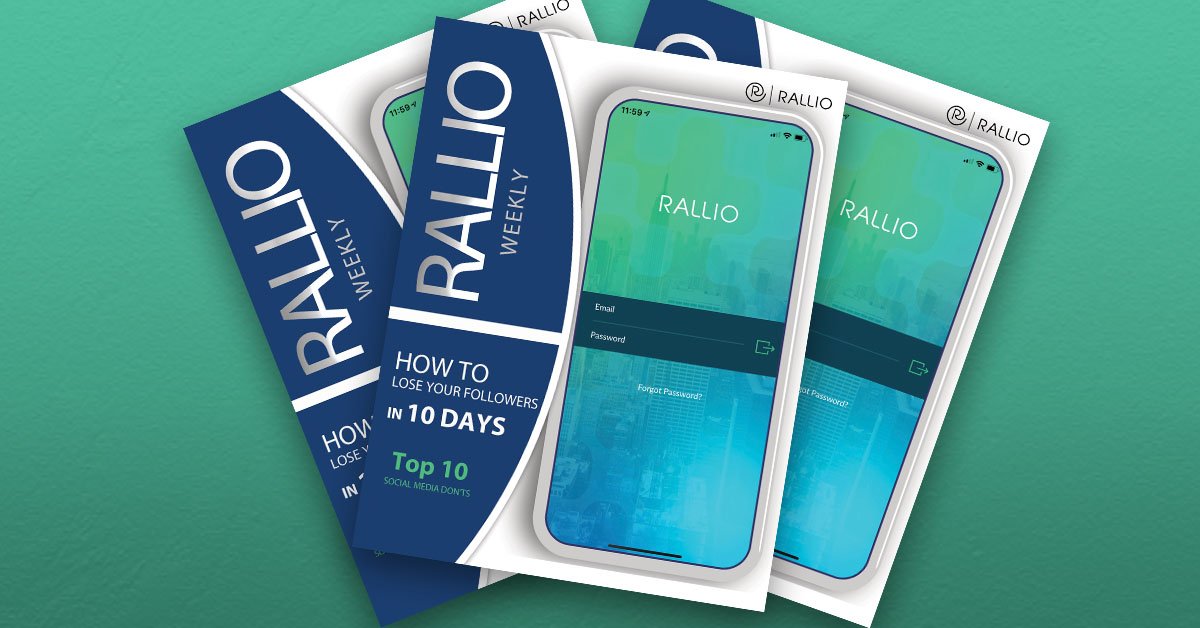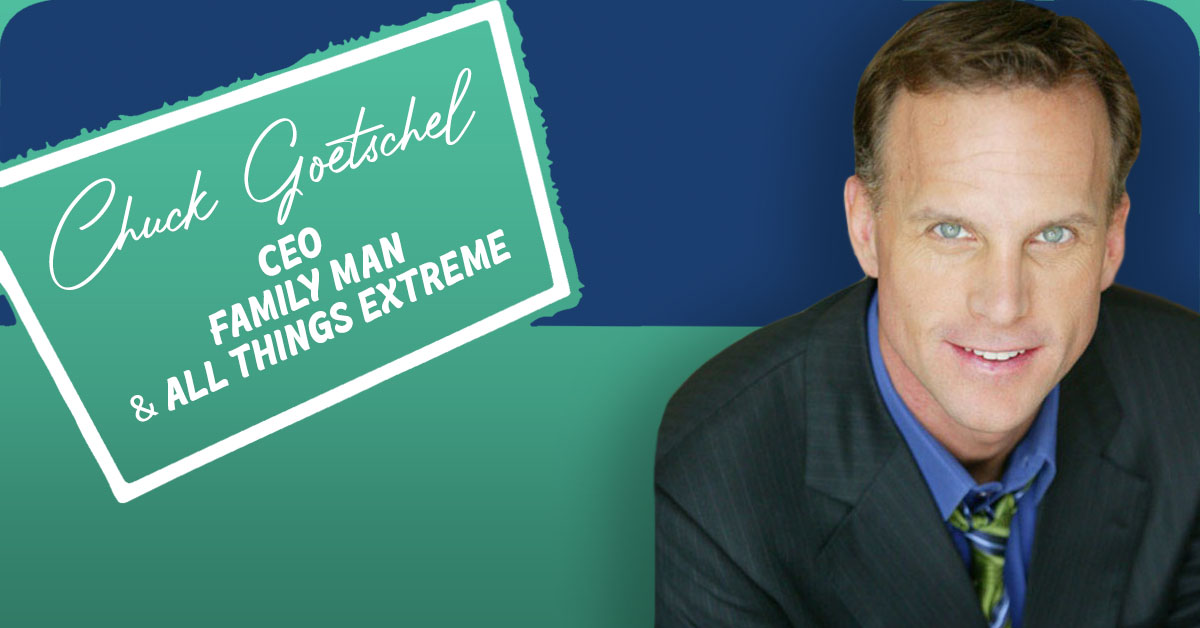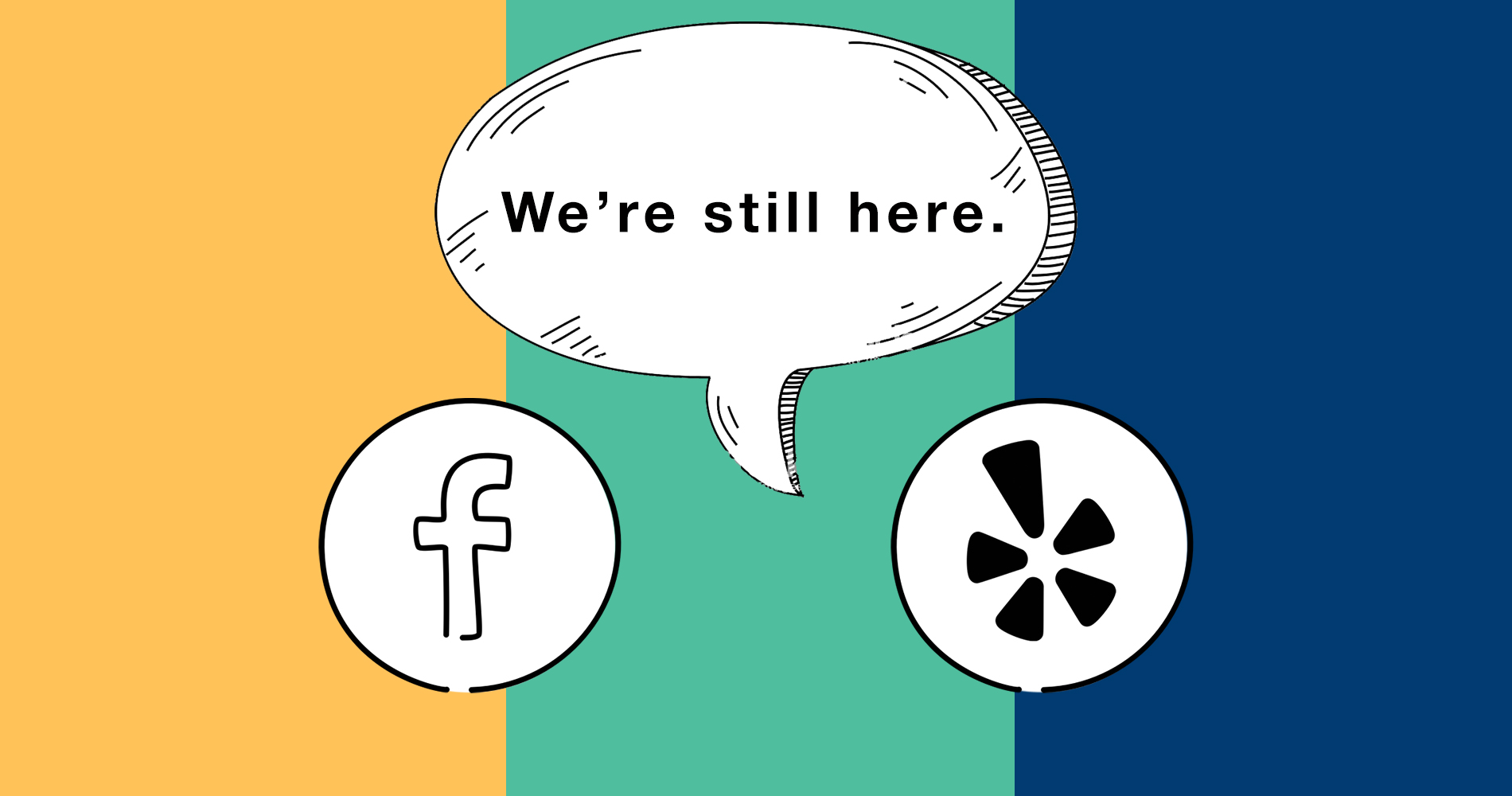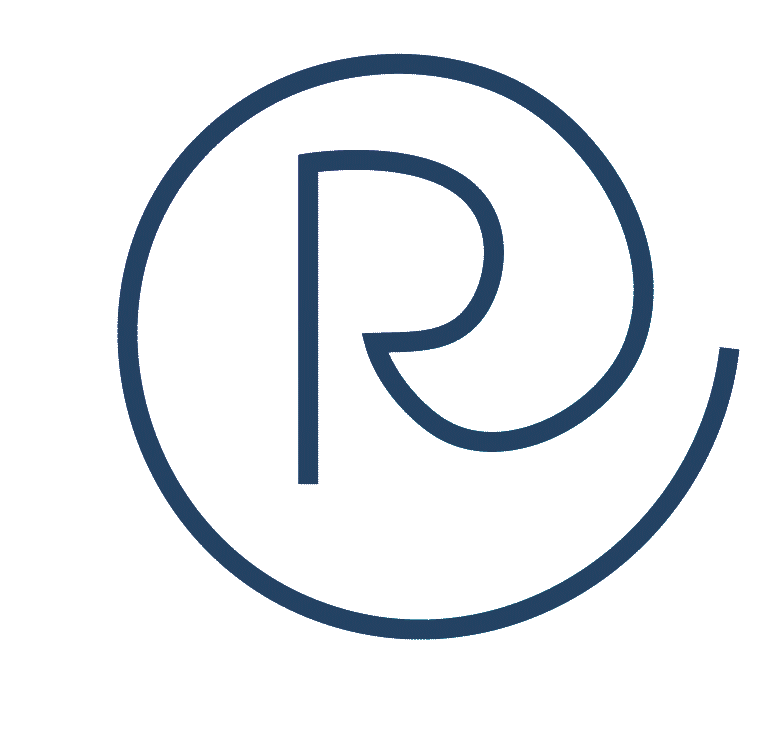So you took the time to create a post on Facebook, and now you’re waiting for the engagements to start rolling in — reactions, comments, shares, maybe even clicks over to your website. Unless you used Facebook boosting, you might be waiting awhile.
Why, you ask? Welcome to Facebook Boosting 101, our breakdown of all things boosting-related.
In this article, we’ll cover:
- The concept of Facebook boosting (and why you should even care about it)
- What types of content to boost
- How to boost for the best results
Facebook boosting puts some muscle behind your content — which, while free to publish, won’t get seen by your followers or anyone else without paid advertising. Consider it the protein shake that follows your great workout, allowing your page to grow and capture the attention of existing and new audiences.
Let’s start with a basic understanding of what Facebook boosting entails and why it should even be a part of your social media marketing strategy.

What Is Facebook Boosting?
When you have a business Facebook page, the content you publish doesn’t necessarily get seen by all your followers. Even people who have chosen to follow your page might initially see your content organically, but they won’t continue to see it unless:
- You regularly post engaging content that interests them and inspires them to interact with it; and
- You pay to get it seen. Yes, Facebook is a “pay to play” platform.
This winning combination of great content and boosting increases the likelihood of making your content visible in newsfeeds. Read that again and again until it sinks in, because it’s an incredibly important concept to grasp as a business Facebook page owner.
The good news is that boosting is a relatively simple tool. Even without having advanced knowledge of the full gamut of Facebook advertising options, you can jump into boosting and start seeing results fairly quickly. While using those more advanced options is also a great way to expand your reach on Facebook, boosting is the easiest way to get started as soon as you launch a business Facebook page.
Once you set up an associated ad account for the page, you can simply choose a post from your timeline and click on the Boost Post button. Facebook will then walk you through your boosting options, such as choosing your audience, budget, placement and duration of the boost.
As your boosted posts reach newsfeeds, ideally your audience will engage with the content. The more they like, comment and share your boosted posts, the more relevant your page becomes — meaning your content will be more visible to your followers as well as their friends and people who aren’t following you yet.
Read more: What’s the difference between organic, paid and post reach?
Types of Content to Boost
There are a few different ways to choose the content you want to boost depending on your objectives. Here are a few examples of content you might want to boost:
- Posts that are already performing well on your page or that are likely to get good engagement. Oftentimes, your best candidates for boosted posts are real photos or videos from your location, including the owners, employees or customers, as well as snapshots of anything new and exciting at your location.
- Job postings, if you’re looking to hire. You can create and boost these posts right from your business page.
- Events you’re holding. Again, you can create these posts from your business page and boost them.
Choose your boosted posts carefully, because you cannot edit the text, image or video once you’ve boosted a post. If you end up wanting to change the creative, you would have to create a new post and boost it. You can, however, edit certain components if needed, such as your budget or the duration of the ad.
Read more: Facebook Ads and Hyper-Local Content: Your Recipe for Social Media Success

How to Boost to Amplify Your Results
Choosing the best types of content to boost is the first step in making sure you see good results from your campaign — as in, reactions, comments, shares and clicks. You can further amplify your results by following these guidelines:
- Avoid posts with a lot of text in them. Facebook may limit the exposure of your ad or even reject text-heavy posts. (See this article for more about text in ad images.)
- Choose your audience carefully. (See this article for potential restrictions, such as age.) While you can choose to target your followers and their friends, you can also create a custom audience that specifies location, gender, age or interests. Being as specific as possible will help you avoid targeting too broad of an audience — that is, people who may not be interested in what you have to offer.
- Limit the length of time you boost a post. Around five to seven days is probably your sweet spot to avoid having your post decline in performance.
- Monitor the performance of your boosts throughout your campaigns. You don’t have to wait for the ad to finish running! Check to see what’s working and what’s not. As mentioned above, you can adjust certain parameters of an ad to better target the people you want to reach.
Read more: Facebook Business Help Center: Create Boosted Posts
If the idea of getting up and running with Facebook boosting is unappealing to you, Rallio can help. Our Rallio Local division works with businesses of all sizes to create and boost content, taking the guesswork out of the process for you. You can be as involved as you like, or not at all, and we’ll partner with you to make sure your Facebook page is successful. Care to learn more? Visit rallio.com and request a demo to view all your options.
